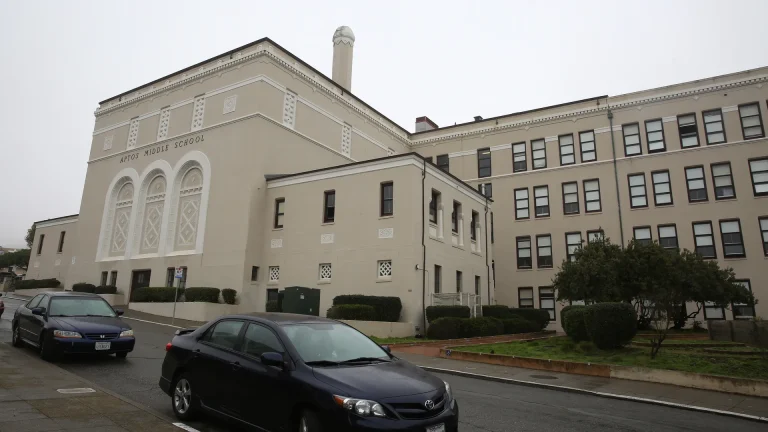In a collaborative effort between the New Mexico American Federation of Teachers and the New Mexico National Education Association, legislative leaders in the New Mexico Round House have been working on legislation aimed at improving student outcomes and bolstering the recruitment and retention of quality education professionals.
One significant development is the passage, along party lines, of House Bill 39, known as the Yazzie Lawsuit Educational Funding. Sponsored by Representatives Gurrola and Caballero, the bill allocates $27.5 million to Higher Education, Tribal Colleges, and the Public Education Department. The focus is on enhancing educational outcomes for ESL, At-Risk, Special Ed, and Native American students. The legislation intends to achieve this by ensuring that public postsecondary educational institutions develop and support educator workforce and school leadership development. Notably, the bill seeks to increase the number of bilingual teachers and resources for educators in bilingual multicultural education programs.
While the bill received approval from the House Education Committee, concerns were raised about certain financial aspects, with representatives emphasizing the need to avoid potential disruptions in funding. The bill is now set to face the House Appropriation Finance Committee, where its fate remains uncertain given its deviation from proposed budgets.
In the Senate Education Committee, several bills were discussed, including SB 41, Mental Health Initiatives, sponsored by Senator Hemphill. This bill, appropriating $12.4 million from the general fund to the Higher Education Department, aims to support various mental health initiatives at higher education institutions.

Read more:
- Dangerous icy road conditions prompt extended closures for East Tennessee schools, including Knox County
- Racist label for voucher programs sparks controversy in education
- School Experts Unhappy with Hochul’s Budget Plan, According to Education Insider
- New NJ Law: Student Mental Health Monitoring Now Mandatory in NJ Schools.
Another notable bill, SB 55, the Anti-Hazing Act, sponsored by Senator Pope, garnered committee approval. This bill requires both public and private postsecondary schools to establish a Code of Conduct and Hazing Prevention Committee, along with providing training and education on the topic.
Addressing the crucial issue of salaries, House Bill 199, the Educational Assistant Salary bill, seeks to increase the minimum annual salary for all full-time public-school employees to $30,000. The unanimous support received in the House Education Committee reflects an overdue and welcomed change to attract and retain quality educators. The bill also addresses concerns about non-full-time/hourly staff, establishing a $15/hour wage in law and ensuring all full-time school employees receive a minimum annual salary of $30,000.
Apart from these measures, the Student Loan Bill of Rights Act, House Bill 71, sponsored by Representatives Christine Chandler, Day Hochman-Vigil, and Patricia Roybal Caballero, is set to receive its first committee hearing on January 31. This legislation aims to regulate and license student debt servicers operating in New Mexico, providing redress mechanisms for borrowers defrauded by lenders through deceptive practices. The bill establishes a New Mexico ombud as an in-state advocate for defrauded borrowers.
Additionally, there are discussions around two bills related to funding the Indian Education Act: HB 134, the Tribal Education Trust Fund, and HB 135, Indian Education Fund Distributions, both sponsored by Representative Lente. While the first bill was rolled due to a pending amendment, the second bill received unanimous support.
One of the more controversial bills discussed in the Senate Education Committee is SJR 9, the State School Board Constitutional Amendment, sponsored by Senator Neville. Despite its contentious nature, the committee passed the bill, receiving support from NEA-NM. The proposed constitutional amendment advocates for an elected School Board with five appointees from the Governor, aiming to ensure research-based, educator-supported policies and avoid rushed, under-vetted regulations.
Two bills, SJR 2 and SJR 5, are expected to be rescheduled. SJR 2 focuses on requiring nominees for regents at New Mexico’s public higher education institutions to be vetted by a nominating committee. SJR 5 seeks a constitutional amendment to permanently protect the Retiree Healthcare Authority.
In summary, the ongoing legislative efforts in New Mexico reflect a commitment to addressing key issues in education, from student outcomes and mental health initiatives to salary improvements and student loan regulations. As these bills progress through committees and potentially face voter approval, they mark important steps toward shaping the future of education in the state.















+ There are no comments
Add yours